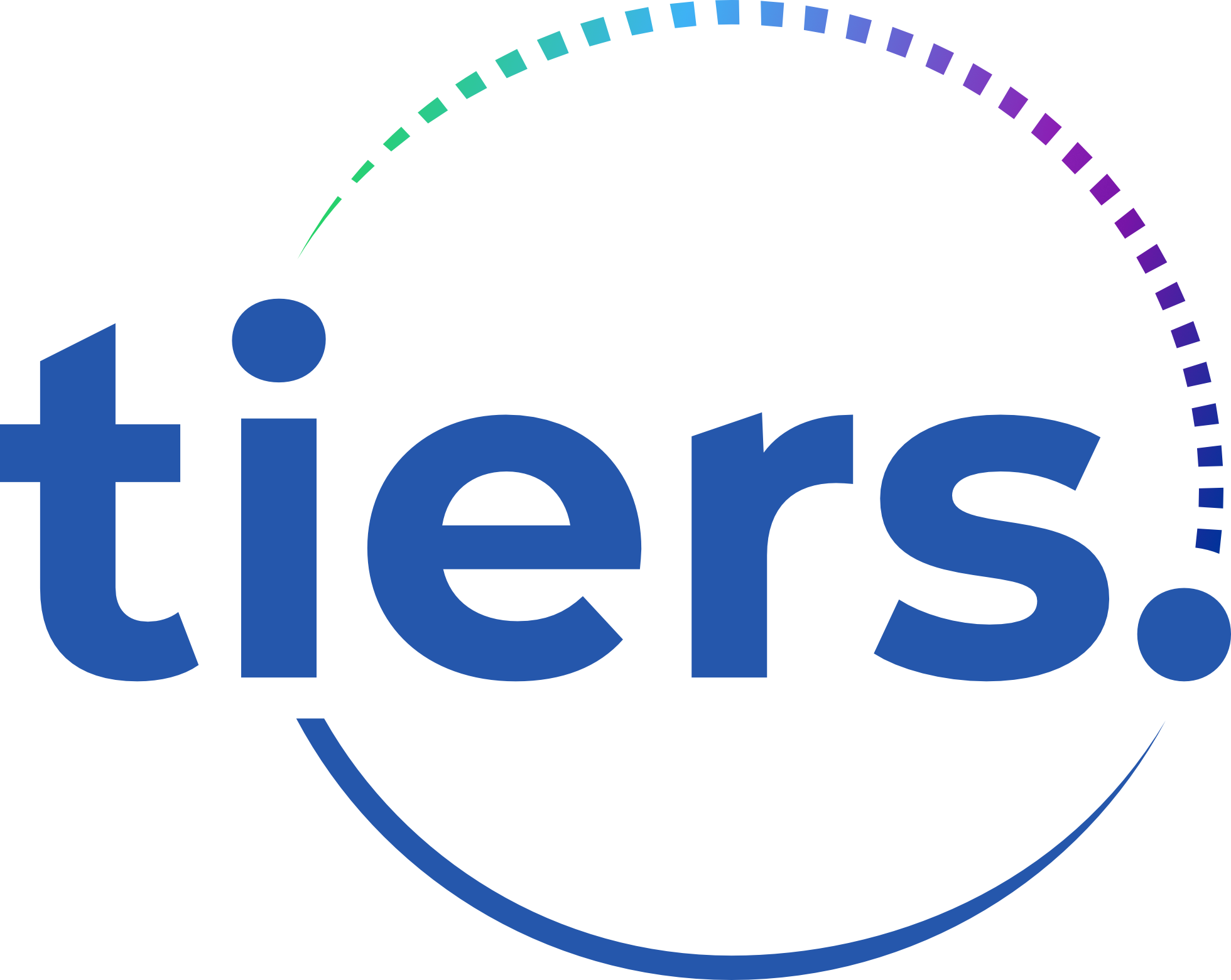Katika nchi nyingi za Afrika, mfumuko wa bei, mabadiliko ya mara kwa mara ya viwango vya ubadilishaji, na ukosefu wa uhakika kiuchumi vinafanya swali kufaa kuliko hapo awali:
Je, ni busara kuokoa kwa dola za Marekani au kuweka pesa zako katika sarafu ya ndani mwaka 2025?
Iwapo wewe ni freelancer nchini Tanzania, mmiliki wa biashara ndogo Ghana, au nomadi ya kidijitali unayoifanya kutoka Kenya, kuelewa uthabiti wa sarafu kunaweza kukusaidia kufanya maamuzi ya kifedha bora — na kulinda kipato ulichopata kwa bidii.
Tuchambue faida na hasara za kuokoa kwa sarafu ya ndani dhidi ya dola ya Marekani katika uchumi wa leo.
Nini Kinafanya Sarafu Iwe “Imara”?
Sarafu imara ni ile inayohifadhi uwezo wake wa kununua kwa muda, haina mabadiliko makubwa ya thamani mara kwa mara, na inayoaminika kwa biashara na akiba. Sarafu nyingi za hapa Afrika huathiriwa na:
- Utulivu au kutokutulia kisiasa
- Viwango vya mfumuko wa bei
- Sera za benki kuu
- Bei za bidhaa kwa soko la dunia
- Ugavi na mahitaji ya sarafu za kigeni
Kwa upande mwingine, dola ya Marekani ni sarafu inayotumika sana na kuaminika duniani kote, mara nyingi ikichukuliwa kama “pa makazi ya usalama” wakati wa kuhisi kutokuwa na uhakika kiuchumi.
Sarafu za Ndani Mwaka 2025: Bado Zinapoteza Thamani?
Mwaka 2025, nchi nyingi za Afrika zinaendelea kupambana na mfumuko wa bei na kushuka kwa thamani ya sarafu zao za ndani. Hapa ni mifano kadhaa:
- Kenya: Shilingi ya Kenya imekuwa ikipata shinikizo kutokana na gharama za kuagiza bidhaa na malipo ya madeni ya nje.
- Nigeria: Naira bado ni tete kutokana na mabadiliko ya sera, utegemezi juu ya soko la mafuta, na akiba ya fedha za kigeni kuwa ndogo.
- Ghana: Baada ya kushuka kwa thamani kwa kasi miaka iliyopita, cedi inapoanza kupona taratibu, lakini imani bado haijaimarika.
- Tanzania & Uganda: Zimeonekana kuwa na utulivu ukilinganisha, lakini bado zinaathiriwa na mienendo ya kiuchumi ya kanda na mahitaji ya dola.
Kwa watu wa kawaida, hili lina maana kwamba thamani ya akiba yako inaweza kupungua bila utabiri — isipokuwa ukihifadhi pesa katika mali ambayo ni ya utulivu zaidi.
Kwanini Wengi Wanachagua Dola
Hapa ni kwanini kuokoa kwa dola ya Marekani kunazidi kuwa maarufu Afrika:
- Utulivu: Dola huhifadhi thamani vyema wakati wa mfumuko wa bei.
- Matumizi ya Kimataifa: Rahisi kutumia kwa miamala ya kimataifa au kutuma pesa nyumbani (remittances).
- Malipo ya Kazi Mtandaoni: Majukwaa mengi ya kazi ya freelancer na wateja wa kimataifa hutoa malipo kwa USD.
- Urahisi wa Matumizi Mataifa Mbalimbali: Rahisi kutuma au kupokea dola Marekani kupitia nchi tofauti.
Je, Ni Halali Kuokoa kwa USD?
Ndiyo, katika nchi nyingi za Afrika, ni halali kuwa na, kupokea, au kutuma pesa kwa dola kupitia majukwaa yenye leseni kama Tiers. Akaunti za dola zinapopatikana zaidi kupitia apps za fintech, kuokoa kwa USD si kwa wateja wa hali ya juu pekee — ni kwa kila mtu.
Usalama: Kulinda Pesa Zako
Tuseme umehifadhi thamani ya USD $500 kwa sarafu ya ndani mnamo mwaka 2023. Mwaka 2025, inaweza kuwa yenye thamani ya dola $420 kutokana na kushuka kwa thamani ya sarafu yako ya ndani. Lakini kama ulikuwa umehifadhi moja kwa moja kwa USD, thamani ingeendelea kuwa salama.
Tiers inakupa:
✅ Akaunti ya USD salama
✅ Hakuna ada zilizofichwa
✅ Riba ya kila siku kwenye akaunti yako ya akiba ya dola
✅ Uhamisho wa P2P kwa dola
✅ Kutuma remittance katika Afrika
Dola vs Sarafu ya Ndani: Ulinganisho wa Haraka
| Kipengele | Sarafu ya Ndani | Dola ya Marekani (USD) |
|---|---|---|
| Utulivu | Mara nyingi tete | Imara kimataifa |
| Ulinzi dhidi ya mfumuko wa bei | Dhaifu | Imara |
| Matumizi ya Kimataifa | Yana vikwazo | Zinakubalika sana |
| Thamani katika miaka 2 | Ina uwezekano wa kushuka | Inakadiriwa kuhifadhi thamani |
| Upatikanaji Afrika | Inatumika sana lakini ni tete | Inazidi kupatikana kupitia fintech kama Tiers |
Fikra ya Mwisho
Mwaka 2025, dola ya Marekani bado inaonekana kuwa imara zaidi kuliko zaidi ya sarafu nyingi za Afrika.
Kwa wafanyakazi, wanaoekeza, freelancers, na wajasiriamali, kuwa na sehemu ya pesa zako ikihifadhiwa kwa dola si tu ni busara — ni jambo la msingi.
Tayari kulinda akiba yako?
Fungua akaunti ya bure ya USD na Tiers leo na anza kuokoa kwa sarafu inayohifadhi thamani yake. Pokea malipo, tuma remittance, na upate pesa zako mahali popote.
Get informed on how to do more with your money.





